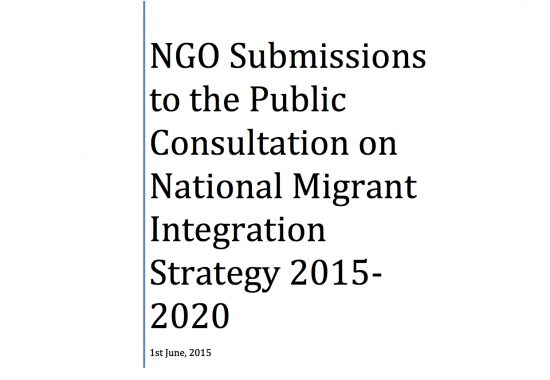We’ve spent the past few months working on a policy assessment tool that we’ll be using to review Malta’s policy on trans, gender variant and intersex children. The policy was published on 16 June 2015.
Running from January to December 2015, this project brings us together as partners with, MGRM, the Ministry for Education and Employment and the Ministry for Social Dialogue, Consumer Affairs and Civil Liberties.
The project will conduct a qualitative research exercise assessing the immediate impact on schools of Malta’s new national Educational Policy on Trans, Gender Variant and Intersex Students.
Following the development of specific indicators in consultation with policy-makers, the project will base this assessment on attitudes and approaches of schools to trans, gender variant and intersex children and youth, and their families, in order to ascertain the effectiveness and sustainability of the policy.
The project’s assessment tool will lend itself to future further assessments for on-going evaluation, as well as possible use in other educational policy areas such as racism.
Our Director commented, “we are extremely happy to partner with governmental and non-governmental entities in such an important initiative as this further strengthens our potential impact on national human rights standards. We are also keen to advocate for the introduction of regular and inclusive policy review exercises on the basis of human rights indicators.”
Visit the Project Page.
This project is funded by ILGA-Europe, through the Documentation and Advocacy Fund (funding cycle 2014).

